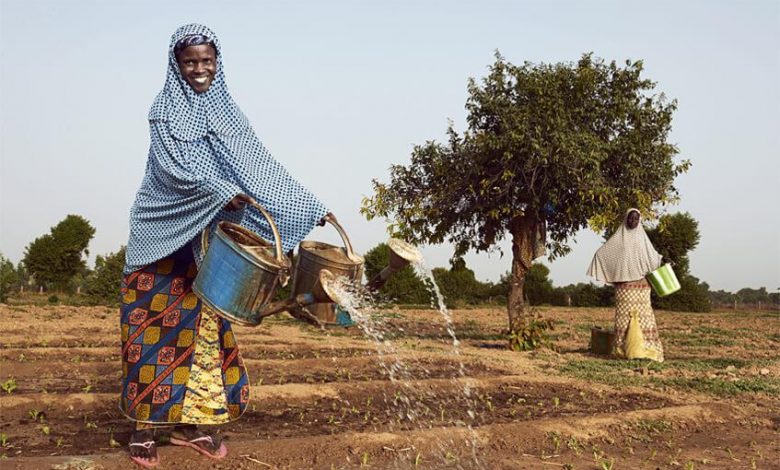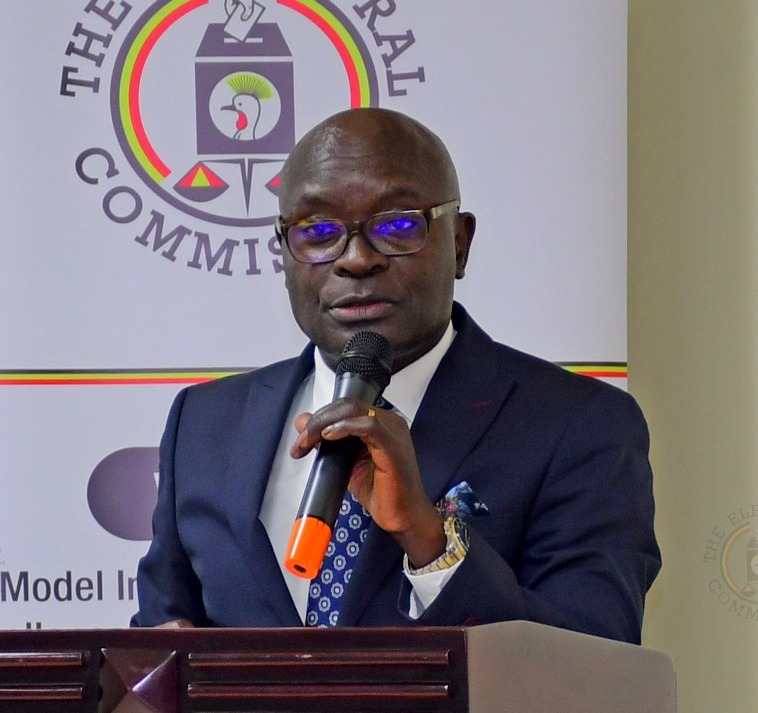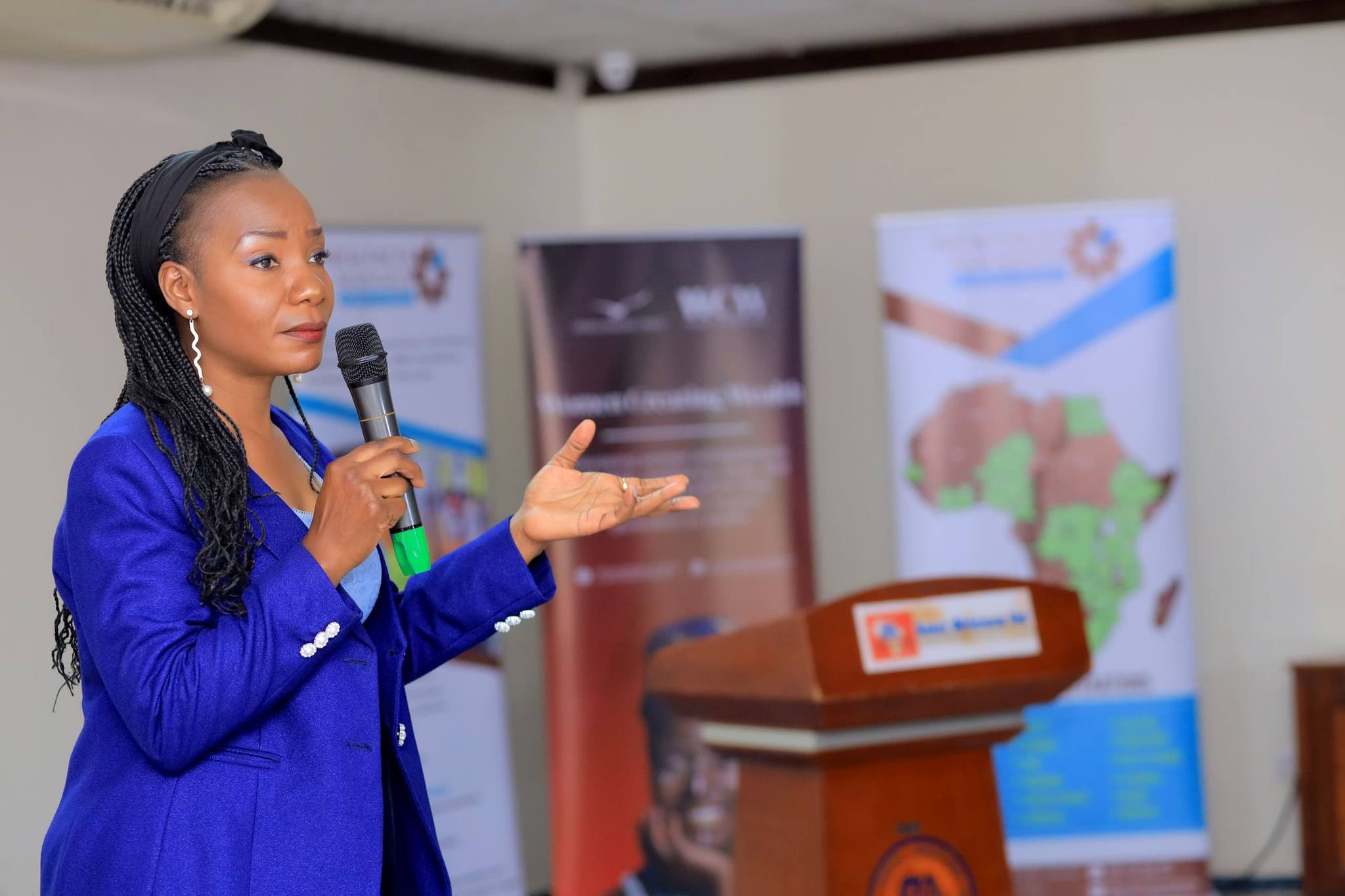Women inclusion remains the ultimate solution to present climate crisis
The global climate crisis is one of the most pressing challenges of our time, requiring urgent action and comprehensive solutions.

By Patience Katusiime
The global climate crisis is one of the most pressing challenges of our time, requiring urgent action and comprehensive solutions. While addressing the climate crisis demands collective efforts from all segments of society, the inclusion of women stands out as a crucial component that we cannot afford to ignore.
Women possess unique perspectives, knowledge, and experiences that can help shape and implement effective climate action strategies. By placing women at the heart of climate action, we can unlock the ultimate solution to the present climate crisis.
Those who are most affected by climate change today women, girls and marginalized communities must be involved in the design and implementation of climate response actions to ensure the equal sharing of benefits. Because women possess unique knowledge and experience, particularly at the local level, their inclusion in decision-making processes is critical to effective climate action.
A 2019 study found that increasing women’s representation in national parliaments leads to the adoption of more stringent climate change policies, resulting in lower emissions. At the local level, the participation of women in natural resource management is associated with better resource governance and conservation outcomes.
Women play a significant role in environmental conservation and sustainability, not only as caretakers of their households but also as key contributors to the workforce and economy. They are often the primary providers of food, water, and energy for their families and their empowerment can lead to positive outcomes for both environmental protection and community development.
Furthermore, women are more likely to be impacted by climate change, particularly in vulnerable regions, due to their higher dependence on natural resources and limited access to resources and decision-making processes.
Women possess valuable traditional knowledge and expertise related to natural resource management, sustainable agriculture, and climate adaptation. Their understanding of ecosystems, biodiversity, and traditional practices can contribute to the design and implementation of climate mitigation and adaptive strategies.
When women are engaged and empowered in decision-making processes, their perspectives can inform more inclusive and effective climate policies. Their involvement also helps ensure that climate action addresses the specific needs and priorities of women, creating a more equitable and sustainable future.
Inclusive climate action requires addressing gender inequalities and empowering women at all levels. This includes ensuring equal access to education, healthcare, and economic opportunities for women.
By investing in women’s education and supporting their entrepreneurship, we can enable them to play a more active role in climate action and green technological innovation.
Additionally, promoting women’s leadership and participation in climate negotiations and decision-making processes is vital for achieving more equitable and sustainable outcomes.
Expanding women’s access to productive resources can increase agricultural production and food security and reduce carbon dioxide emissions. If all women smallholders received equal access to productive resources, their farm yields would rise by 20 to 30 per cent, and 100 to 150 million people would no longer go hungry. Increasing farm yields can reduce the pressure to deforest more land, reducing additional emissions.
Women’s leadership and mobilization have proven to be catalysts for change in climate action. Throughout the world, women-led grassroots movements and organizations are driving community-based initiatives aimed at environmental protection, renewable energy adoption, and sustainable development. These initiatives not only contribute to mitigating the effects of climate change but also empower and uplift women and marginalized communities
Addressing the present climate crisis requires transformative action and engaging all segments of society. However, placing women at the heart of climate action is a critical and necessary step towards finding sustainable solutions.
Women’s inclusion brings in diverse perspectives, knowledge, and experiences, enhancing the effectiveness, fairness, and long-term viability of climate action strategies. By recognizing and empowering women as leaders, innovators, and agents of change, we can forge a more just, resilient, and sustainable future for all.
It is time to ensure that women are at the forefront of climate action, unlocking the ultimate solution to the present climate crisis.
Patience Katusiime is the Program assistant at Environment Governance Institute Uganda
Email: pkatusiime1@gmail.com







